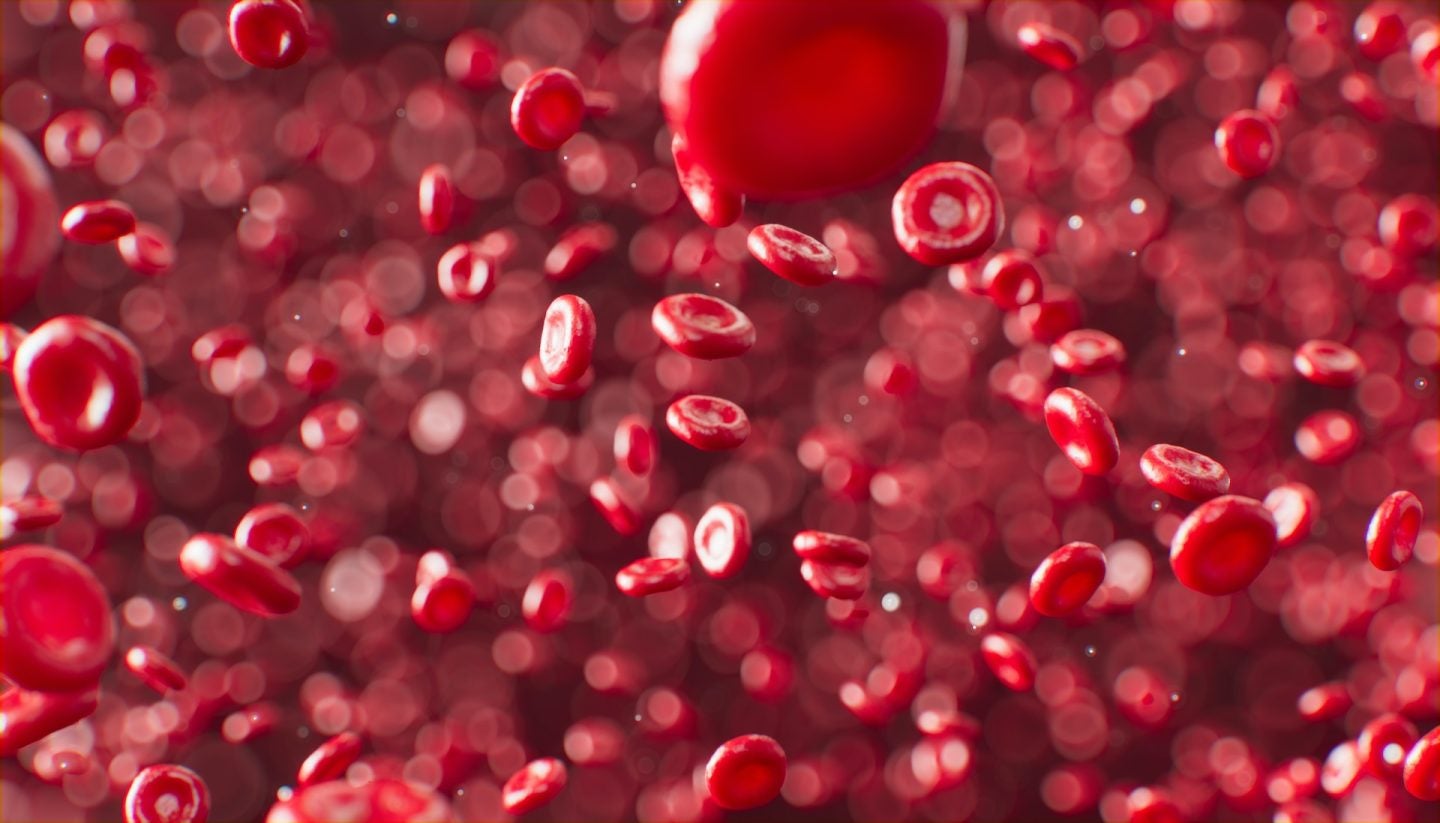

Baudax Bio has acquired all the outstanding equity interests of biotechnology firm TeraImmune in a stock-for-stock deal.
TeraImmune develops new regulatory T cell (Treg)-based cell therapies to treat autoimmune ailments.

Discover B2B Marketing That Performs
Combine business intelligence and editorial excellence to reach engaged professionals across 36 leading media platforms.
The merged business will expedite TeraImmune’s immune cell therapy development by utilising a dual Treg production platform comprising both natural Tregs and induced Tregs.
The combined entity will also develop a FVIII-specific Treg therapy candidate, TI-168m, to treat haemophilia A (HA).
This Treg therapy has demonstrated favourable pre-clinical data and received clearance from the Food and Drug Administration (FDA) for an investigational new drug (IND) application.
The IND application facilitated the launch of a Phase I/IIa clinical trial of the therapy for HA with inhibition.

US Tariffs are shifting - will you react or anticipate?
Don’t let policy changes catch you off guard. Stay proactive with real-time data and expert analysis.
By GlobalDataThe board of directors of both companies granted unanimous approval for the takeover, which will see TeraImmune CEO Yong Chan Kim join Baudax’s board of directors.
Baudax Bio president and CEO Gerri Henwood will remain as CEO of the merged business.
Henwood stated: “This merger adds TeraImmune’s TI-168 asset to the Baudax portfolio — a promising next-generation, autologous FVIII TCR-Treg cell therapy candidate to eliminate clotting factor VIII (FVIII) inhibitors in haemophilia A patients.
“We believe this combination can enable, with a modest initial budget, the activation of the Phase I/IIa clinical trial of TI-168 for the treatment of HA.”
Cell & Gene Therapy coverage on Pharmaceutical Technology is supported by Cytiva.
Editorial content is independently produced and follows the highest standards of journalistic integrity. Topic sponsors are not involved in the creation of editorial content.

